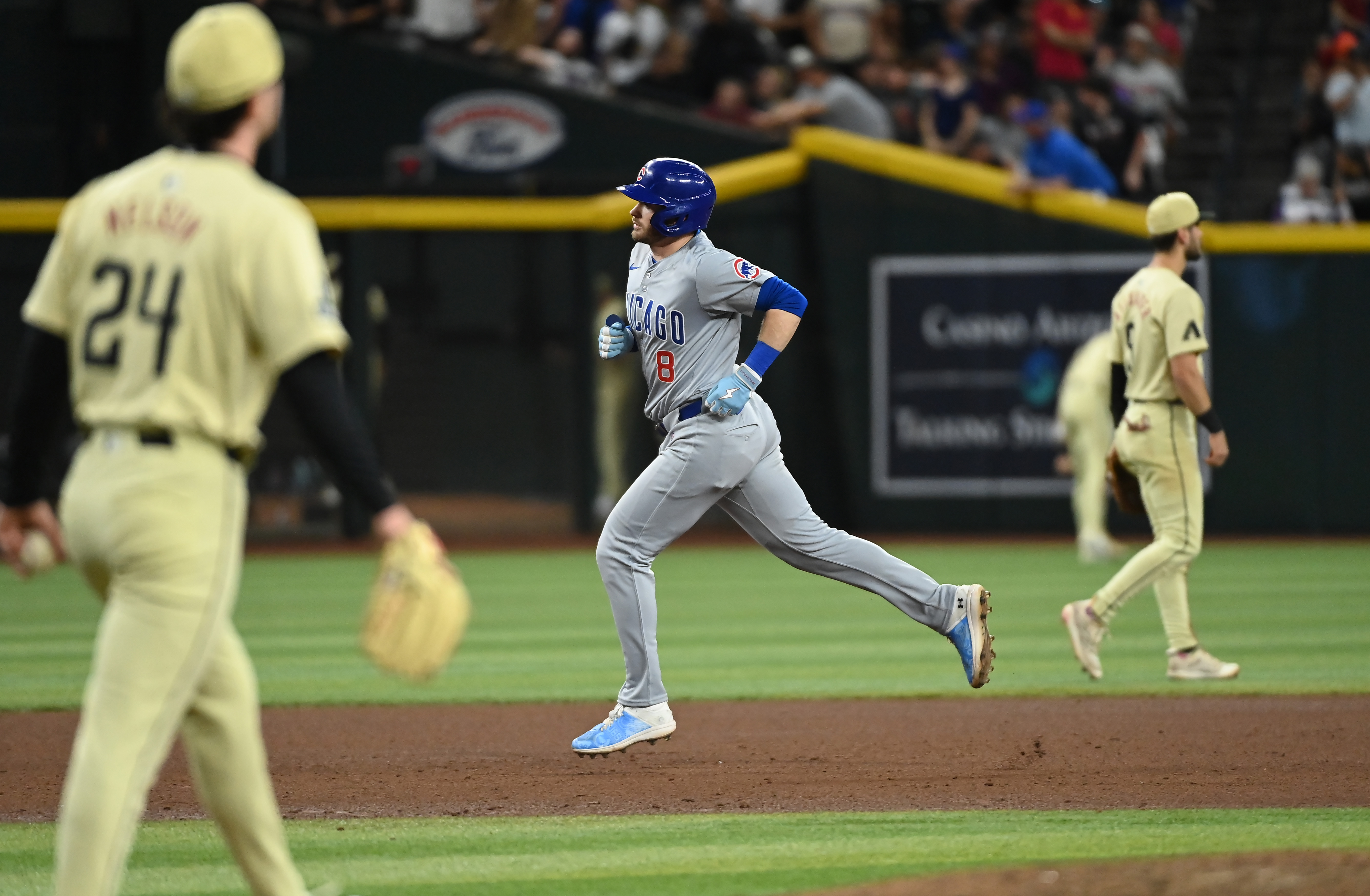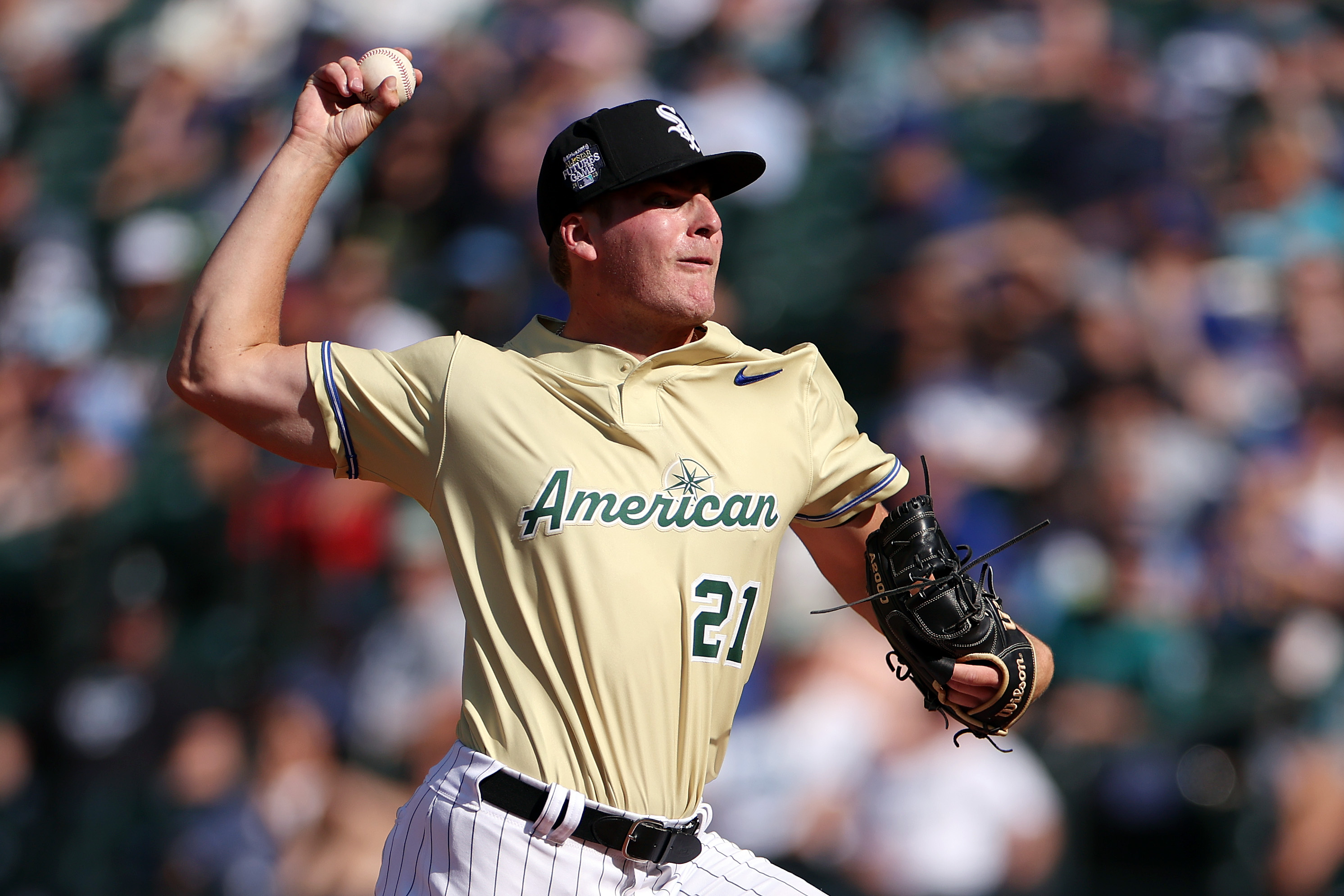Negotiations between Major League Baseball and the players’ union are getting ugly.
Well, they might already be pretty ugly, if the players’ reaction to the league’s financial proposal made just Tuesday is any indication.
Fans are unlikely to have any patience for billionaires and millionaires fighting over how to divvy up billions of dollars during dual public-health and economic crises that have left 100,000 Americans dead and tens of millions more without a job. But that’s exactly what’s happening, with the players not having the owners’ proposal for salary reductions.
The strongest public statement yet came late Wednesday night, with Max Scherzer, one of the best pitchers in recent memory and the Washington Nationals’ union rep, taking to Twitter to voice his displeasure.
“After discussing the latest developments with the rest of the players,” Scherzer wrote, “there’s no reason to engage with MLB in any further compensation reductions. We have previously negotiated a pay cut in the version of prorated salaries, and there’s no justification to accept a second pay cut based upon the current information the union has received.
“I’m glad to hear other players voicing the same viewpoint and believe MLB’s economic viewpoint will change if all documentation were to become public information.”
The players agreed back in March to receive prorated salaries based on the number of games played during a 2020 season shortened by the ongoing COVID-19 pandemic. With Major League Baseball reportedly proposing an 82-game schedule, the players are set to receive roughly half their salaries this year.
MLB
But team owners argue that deal was made under the assumption that there’d be paying customers in the stands, even though their absence was a possibility being discussed back then. With games expected to take place without fans, the league is arguing the decline in revenues will be so steep that the only economically feasible way to stage a season is with further reductions in player pay.
After ditching the idea of a 50-50 split in revenues — something the players considered a step toward a salary cap — the owners pitched a sliding-scale pay plan that would allow the lowest paid players to receive close to their prorated salaries while hammering the highest paid players, such as Scherzer, with drastic cuts.
This was expectedly unpopular.
RELATED: MLB dips into NFL playbook with proposal – here’s why it probably won’t work
But the union doesn’t plan to go silent. According to ESPN’s Jeff Passan, they’ll do what Scherzer said: make a counter proposal that does not involve any further pay cuts.
The Athletic's Ken Rosenthal and Evan Drellich reported Wednesday night that the players also plan to propose a longer schedule, perhaps in the 100-game range, which would earn them more money. But the league asserts it will lose more money with a longer season.
While it’s easy to view this as a bunch of really, really rich people scowling at each other and standing in the way of fans getting to watch their favorite teams, there’s one big thing to understand, which is exactly what Scherzer laid out. The owners are telling the players they can’t afford to both stage a season and pay the players what they previously agreed to be paid, but they’re doing it without showing the union the math.
It doesn’t take a great leap to understand that baseball’s revenues will be dramatically lower than in a normal season. Not only can they not sell tickets and $7 hot dogs, but with the number of games cut in half, the annual flood of money made by airing the games on television won’t be nearly as big.
But that doesn’t mean the league won't take in a ton of money. Baseball made a record $10.7 billion in revenues last year. Some estimation by Passan earlier this month figured that number could be less than half in a shortened 2020 season, potentially under $5 billion, which is still a lot of money, potentially twice as much as the players’ prorated salaries, worth roughly $2.5 billion, per Passan’s estimations.
The players, though, believe the owners aren’t truthfully representing the economic situation they face. And if they’re to believe them, the players want to see proof the owners have yet to provide.
It all makes for a nasty outlook at the moment. As Heyman alluded to, this might just be part of the negotiating process. But the clock is undoubtedly ticking, with the league hoping to start a second round of spring training in the middle of June and open the season in the first few days of July.
Will they make a deal? There's still a lot to be gained — billions of dollars, for example — by having a season. But the gap is big.
Click here to download the new MyTeams App by NBC Sports! Receive comprehensive coverage of your teams and stream the White Sox easily on your device.


